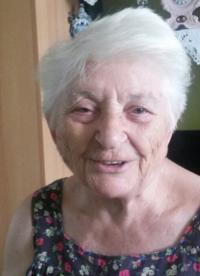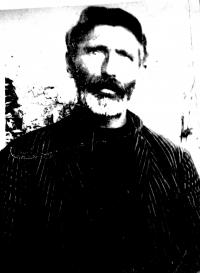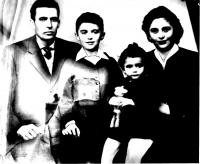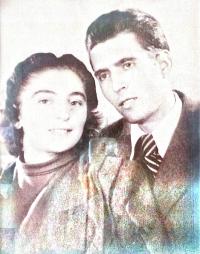I went into the mountains to fight. I believed we would have a better life

Download image
Anastasia Pistola was born on 18 February 1929 in Greece. When she was nine years old, her father was killed by Bulgarian soldiers. She lost her two older brothers in the war. She was left to look after her ill mother and her younger brother. They lived in poverty in a village by the Greek-Yugoslavian border. When the civil war broke out in Greece, she fled to Yugoslavia with her mother and brother. She then returned to Greece and fought in the mountains with the partisans against government forces. She survived a bombing raid, injury; she served in a unit that targeted aeroplanes. When the partisans were defeated, she and her comrades in arms retreated to Yugoslavia. She tried to find her mother and brother but discovered that they had been accepted as refugees in Czechoslovakia. Because she refused to stay and work in Yugoslavia, she was briefly imprisoned there. In the end, she and other former partisans were accepted by Hungary in 1952. In 1956 she succeeded in reaching Czechoslovakia. She found her brother but discovered that her mother had already died. She settled down in Ostrava where her husband, another former Greek partisan, was employed in construction work. In 1984 she and her husband returned to Greece, but after his death she moved back to Ostrava, where her son and daughter live.



